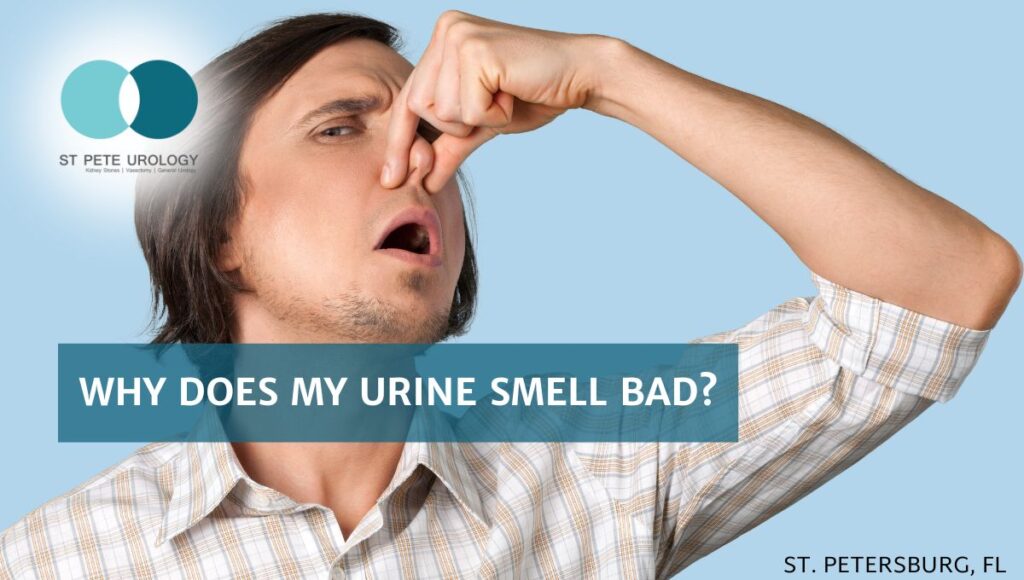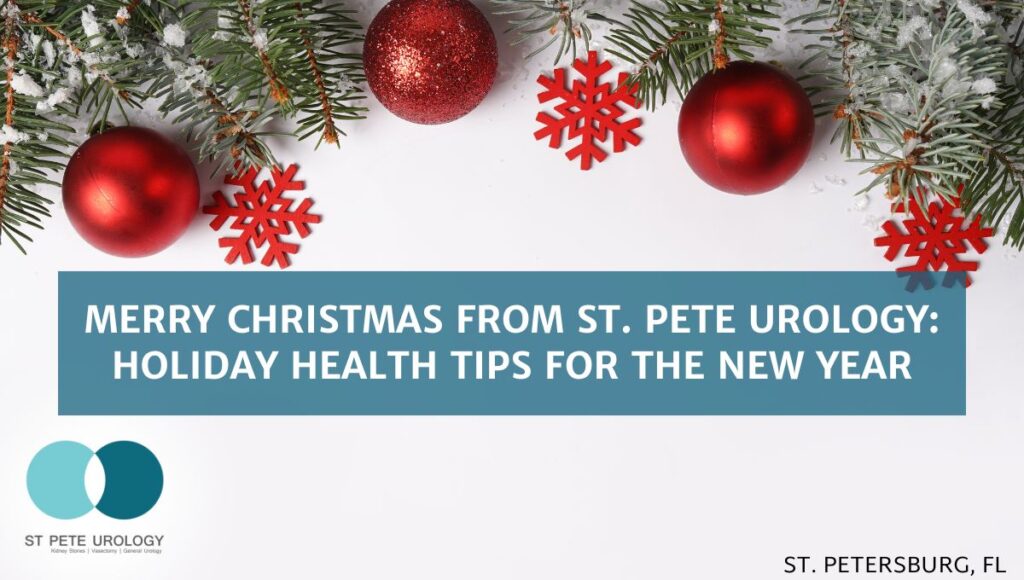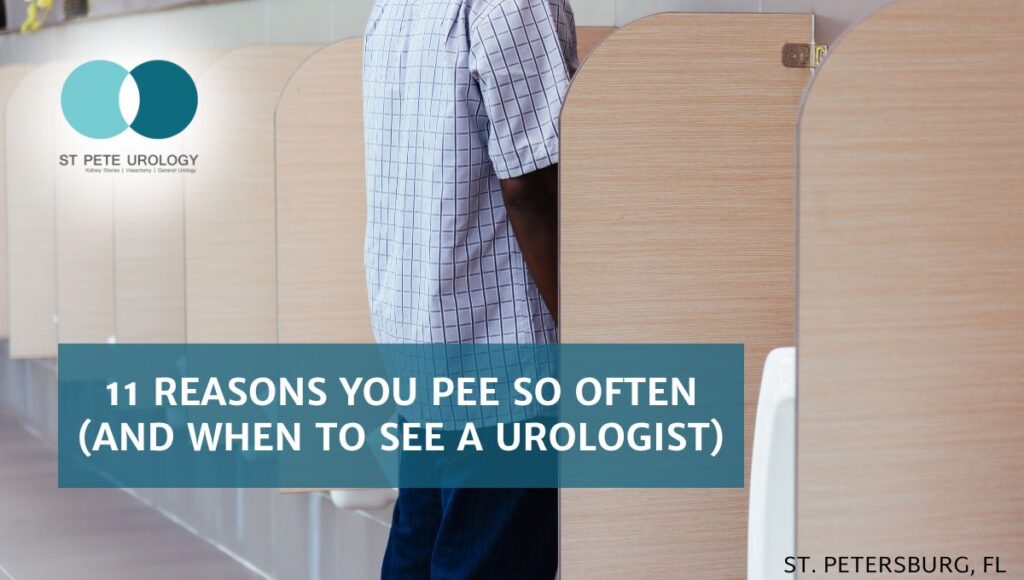3 Key Takeaways:
- IC Is Not a UTI: Interstitial Cystitis is a chronic condition causing bladder pain and urinary urgency without an infection.
- Diagnosis Is a Process of Exclusion: A urologist will rule out other conditions through various tests before confirming an IC diagnosis.
- Management is Multi-Faceted: Treatment often starts with identifying dietary triggers and can include medications, bladder instillations, and physical therapy.
 You feel that familiar, uncomfortable pressure in your bladder, a constant need to urinate, and sometimes even debilitating pain. You’re certain it’s another urinary tract infection (UTI), but the tests come back negative. This frustrating cycle can leave you feeling dismissed and without answers. If this sounds familiar, you may be dealing with Interstitial Cystitis (IC), also known as Bladder Pain Syndrome (BPS). Understanding the key interstitial cystitis symptoms in women is the first step toward getting the right diagnosis and finding a path to relief.
You feel that familiar, uncomfortable pressure in your bladder, a constant need to urinate, and sometimes even debilitating pain. You’re certain it’s another urinary tract infection (UTI), but the tests come back negative. This frustrating cycle can leave you feeling dismissed and without answers. If this sounds familiar, you may be dealing with Interstitial Cystitis (IC), also known as Bladder Pain Syndrome (BPS). Understanding the key interstitial cystitis symptoms in women is the first step toward getting the right diagnosis and finding a path to relief.
This comprehensive guide will explain what IC is, what causes it, how it’s diagnosed, and the effective management strategies available to help you reclaim your quality of life.
Recognizing Interstitial Cystitis Symptoms in Women
While some symptoms overlap with a UTI, IC is a chronic condition characterized by pain and pressure in the bladder area, without the presence of an infection. The primary interstitial cystitis symptoms in women include:
- Chronic Pelvic Pain: Pain in and around the bladder, urethra, or pelvis that lasts for more than six weeks. This pain often worsens as the bladder fills and may be temporarily relieved after urinating.
- Urinary Urgency: A persistent, strong, and often sudden need to urinate.
- Urinary Frequency: Needing to urinate much more often than normal, sometimes up to 60 times a day in severe cases.
- Pain During Intercourse (Dyspareunia): Many women with IC experience pain during or after sexual activity.
- IC Flare-Ups: Symptoms can come and go in cycles. Many women experience periods of intense symptoms, known as IC flare up symptoms, followed by periods of remission.
What Causes Interstitial Cystitis?
One of the most challenging aspects of IC is that its exact cause remains unknown. Unlike a UTI caused by bacteria, IC is not an infection. Researchers believe it may result from a combination of factors. The Interstitial Cystitis Association estimates that 3 to 8 million women in the U.S. may have IC, indicating it’s far from rare.
Current theories on what causes interstitial cystitis include:
- A Defect in the Bladder Lining (Epithelium): This protective lining may be “leaky,” allowing toxic substances in urine to irritate the bladder wall.
- Mast Cell Activation: These immune cells release histamine and other inflammatory chemicals in the bladder, causing pain and inflammation.
- Autoimmune Reaction: The body’s own immune system may be attacking the bladder.
- Nerve Dysfunction: Nerves in the bladder may be sending pain signals to the brain even when there is no obvious injury.
How Is Interstitial Cystitis Diagnosed?
Because there is no single definitive test for IC, it is considered a “diagnosis of exclusion.” This means your urologist will first rule out other conditions with similar symptoms, such as UTIs, overactive bladder, endometriosis, and bladder cancer.
The process for determining how is interstitial cystitis diagnosed typically includes:
- Detailed Medical History: Discussing your symptoms, pain patterns, and health history.
- Urine Tests: To check for bacteria, blood, and other abnormalities, officially ruling out an infection.
- Pelvic Exam: To check for tenderness and rule out other gynecological issues.
- Cystoscopy with Hydrodistention: A procedure where a urologist uses a thin scope (cystoscope) to look inside your bladder. The bladder is then gently stretched with sterile liquid to examine the wall for characteristic pinpoint hemorrhages (glomerulations) that are common in IC patients.
Managing IC with Diet and Treatment
While there is no cure for IC, there are many effective treatments to manage symptoms and improve quality of life. A multi-step approach is often most successful, starting with lifestyle changes. The cornerstone of this is often the interstitial cystitis diet. Many patients find that certain foods and drinks can trigger their symptoms.
Common trigger foods, sometimes called the “4 Cs,” include:
- Coffee (and other caffeinated beverages)
- Carbonated drinks
- Citrus fruits and juices
- Chocolate
Other potential triggers include tomatoes, spicy foods, and artificial sweeteners. An elimination diet can help you identify your personal triggers.
Other treatment tiers include:
- Oral Medications: From antihistamines to medications that help restore the bladder’s protective lining.
- Bladder Instillations: A treatment where a soothing medicinal cocktail is placed directly into the bladder via a catheter to reduce inflammation and pain.
- Physical Therapy: Specialized pelvic floor physical therapy can help relax tense muscles and alleviate pain.
Conclusion
Interstitial cystitis is a complex and often misunderstood condition, but you are not alone, and relief is possible. By recognizing the symptoms, pursuing a proper diagnosis, and working with a knowledgeable urologist, you can develop a personalized management plan that works for you. From dietary adjustments to advanced therapies, there are many ways to control your symptoms and improve your daily comfort.
If you are in the St. Petersburg area and believe you may have IC, don’t continue to suffer in silence. The compassionate team at St Pete Urology specializes in diagnosing and treating complex bladder conditions.
Contact St Pete Urology today to schedule a consultation and take the first step toward feeling better.
References:
- Interstitial Cystitis Association. (n.d.). What is IC/BPS?. Retrieved from https://www.ichelp.org/about-ic/what-is-ic-bps/
- Mayo Foundation for Medical Education and Research. (2021, August 13). Interstitial cystitis. Mayo Clinic. Retrieved from https://www.mayoclinic.org/diseases-conditions/interstitial-cystitis/symptoms-causes/syc-20354757
- U.S. Department of Health and Human Services. (2017, March). Interstitial Cystitis (Painful Bladder Syndrome). National Institute of Diabetes and Digestive and Kidney Diseases. Retrieved from https://www.niddk.nih.gov/health-information/urologic-diseases/interstitial-cystitis-painful-bladder-syndrome





